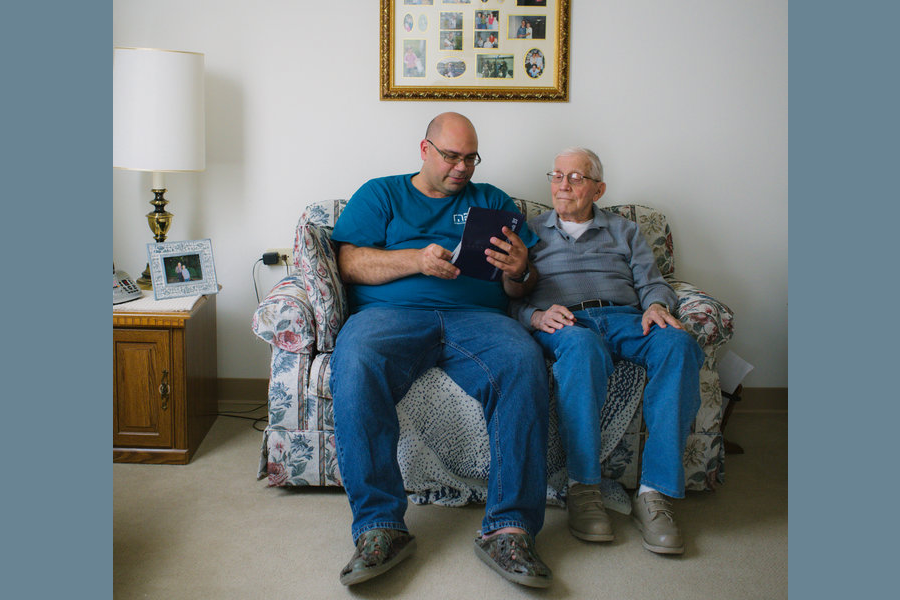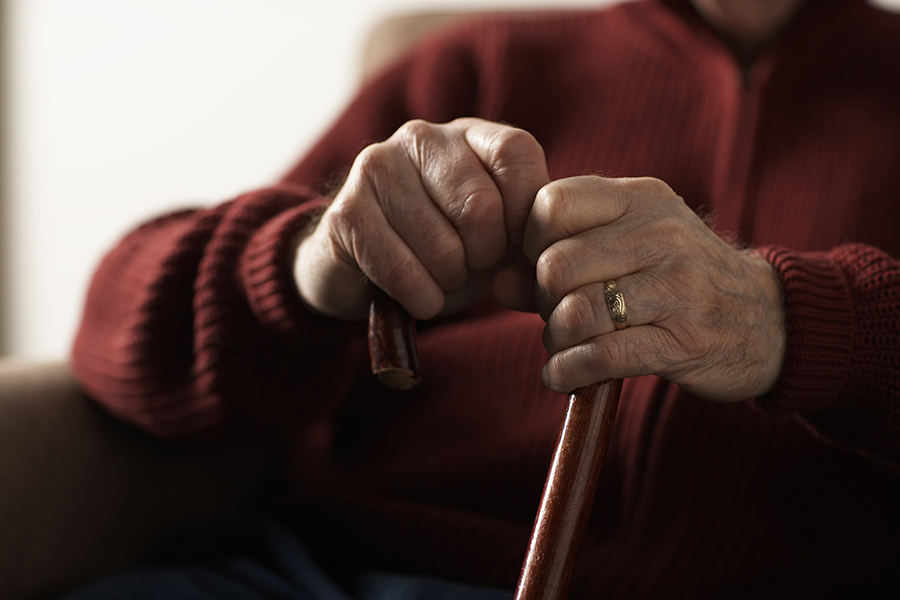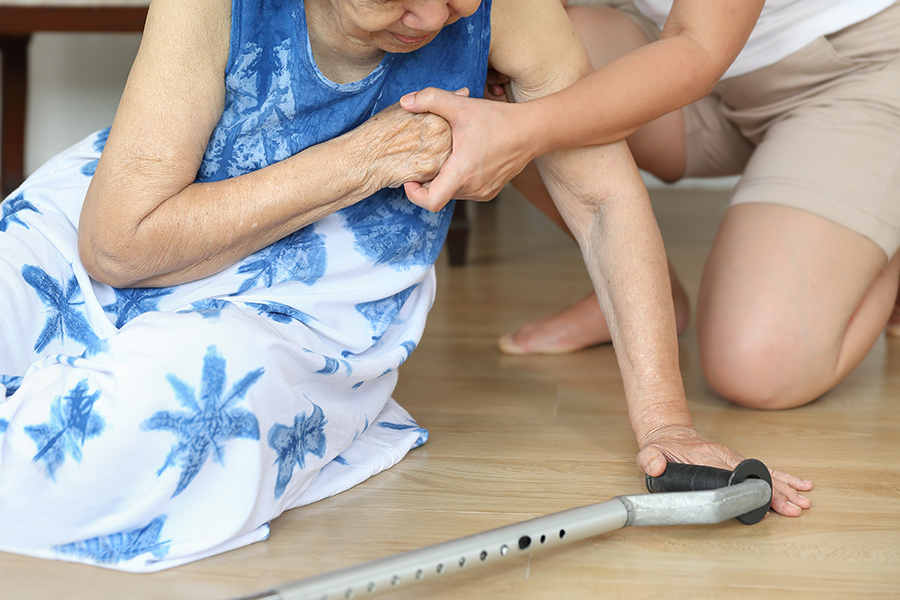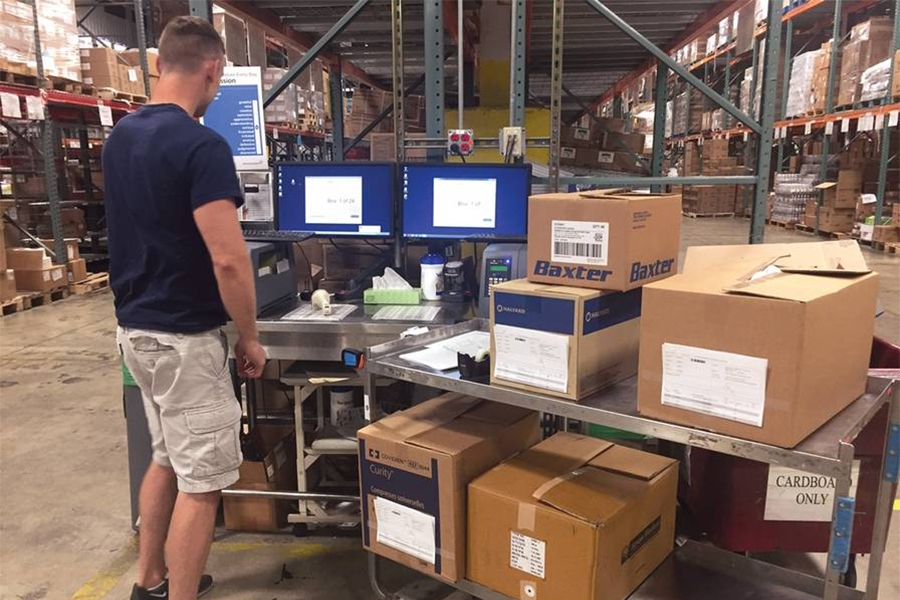By for Kaiser Health News
Being old and sick in America frequently means a doctor won’t ask you about troublesome concerns you deal with day to day — difficulty walking, dizziness, a leaky bladder, sleep disturbances, memory lapses and more.
It means that if you’re hospitalized, you have a good chance of being treated by a physician you’ve never met and undergoing questionable tests and treatments that might end up compromising your health.
It means that if you subsequently seek rehabilitation at a skilled nursing facility, you’ll encounter another medical team that doesn’t know you or understand your at-home circumstances. Typically, a doctor won’t see you very often.
In her new book, “Old & Sick in America: The Journey Through the Health Care System,” Dr. Muriel Gillick, a professor of population medicine at Harvard Medical School and director of the Program in Aging at Harvard Pilgrim Health Care Institute, delves deeply into these concerns and why they’re widespread.
Her answer: a complex set of forces is responsible. Some examples:
- Medical training doesn’t make geriatric expertise a priority.
- Care at bottom-line-oriented hospitals is driven by the availability of sophisticated technology.
- Drug companies and medical device manufacturers want to see their products adopted widely and offer incentives to ensure this happens.
- Medicare, the government’s influential health program for seniors, pays more for procedures than for the intensive counseling that older adults and caregivers need.
In an interview, Gillick offered thoughts about how older adults and their caregivers can navigate this treacherous terrain. Her remarks have been edited for clarity and length:
Q: What perils do older adults encounter as they travel through the health care system?
The journey usually begins in the doctor’s office, so let’s start there. In general, physicians tend to focus on different organ systems. The heart. The lungs. The kidneys. They don’t focus so much on conditions that cross various organ systems, so-called geriatric syndromes. Things like falling, becoming confused or dealing with incontinence.























